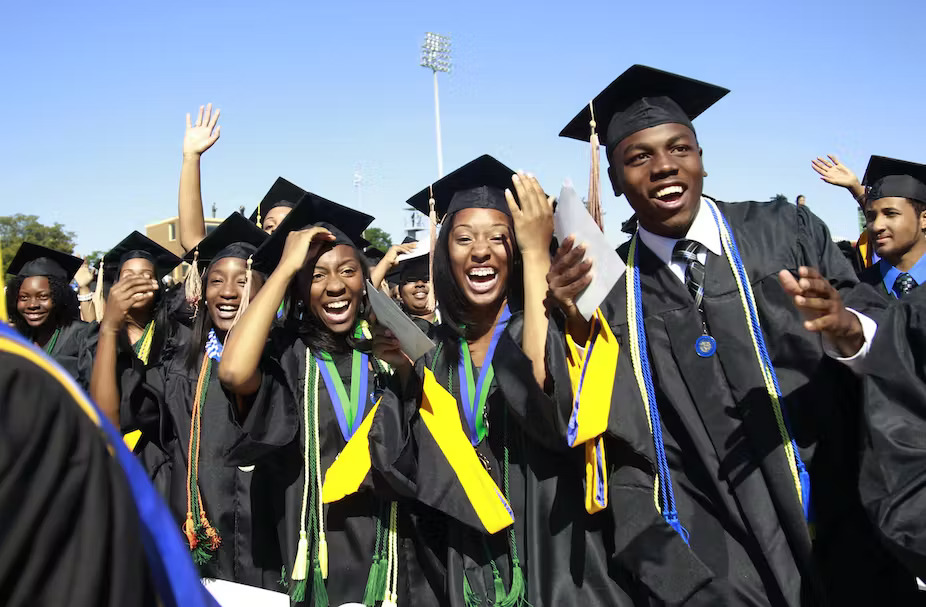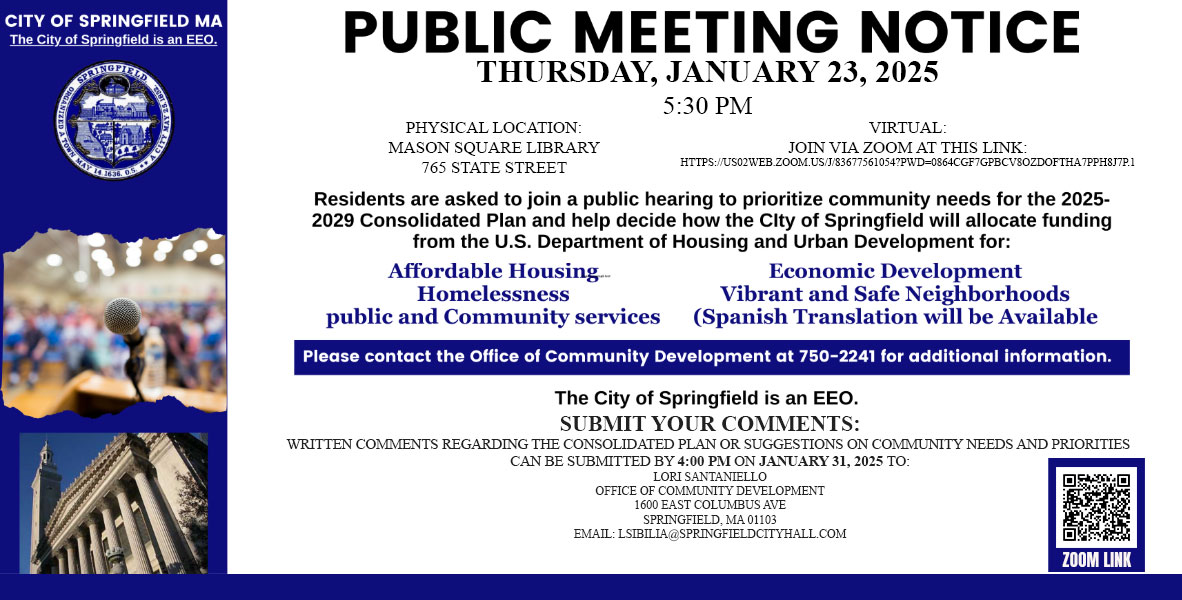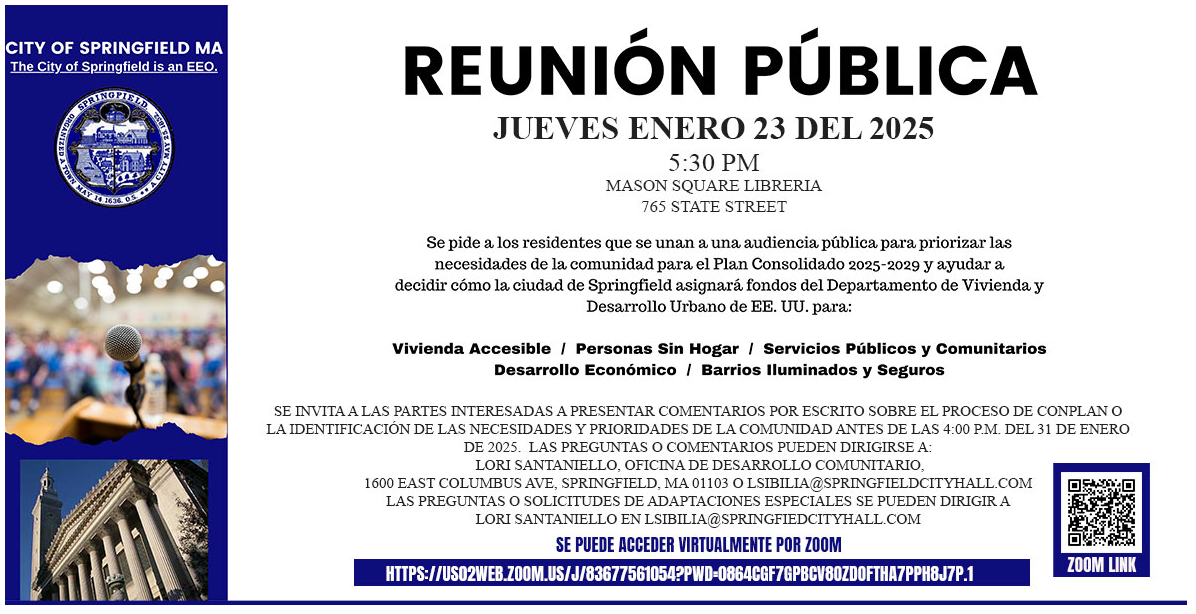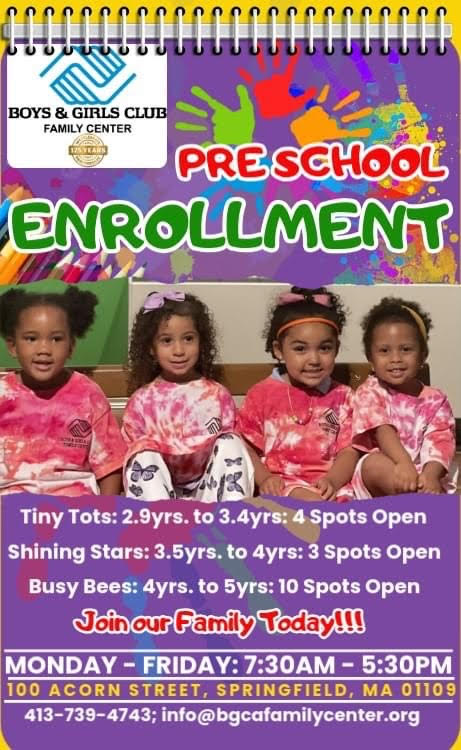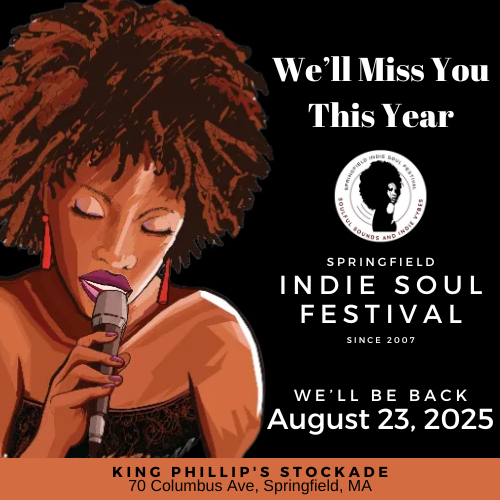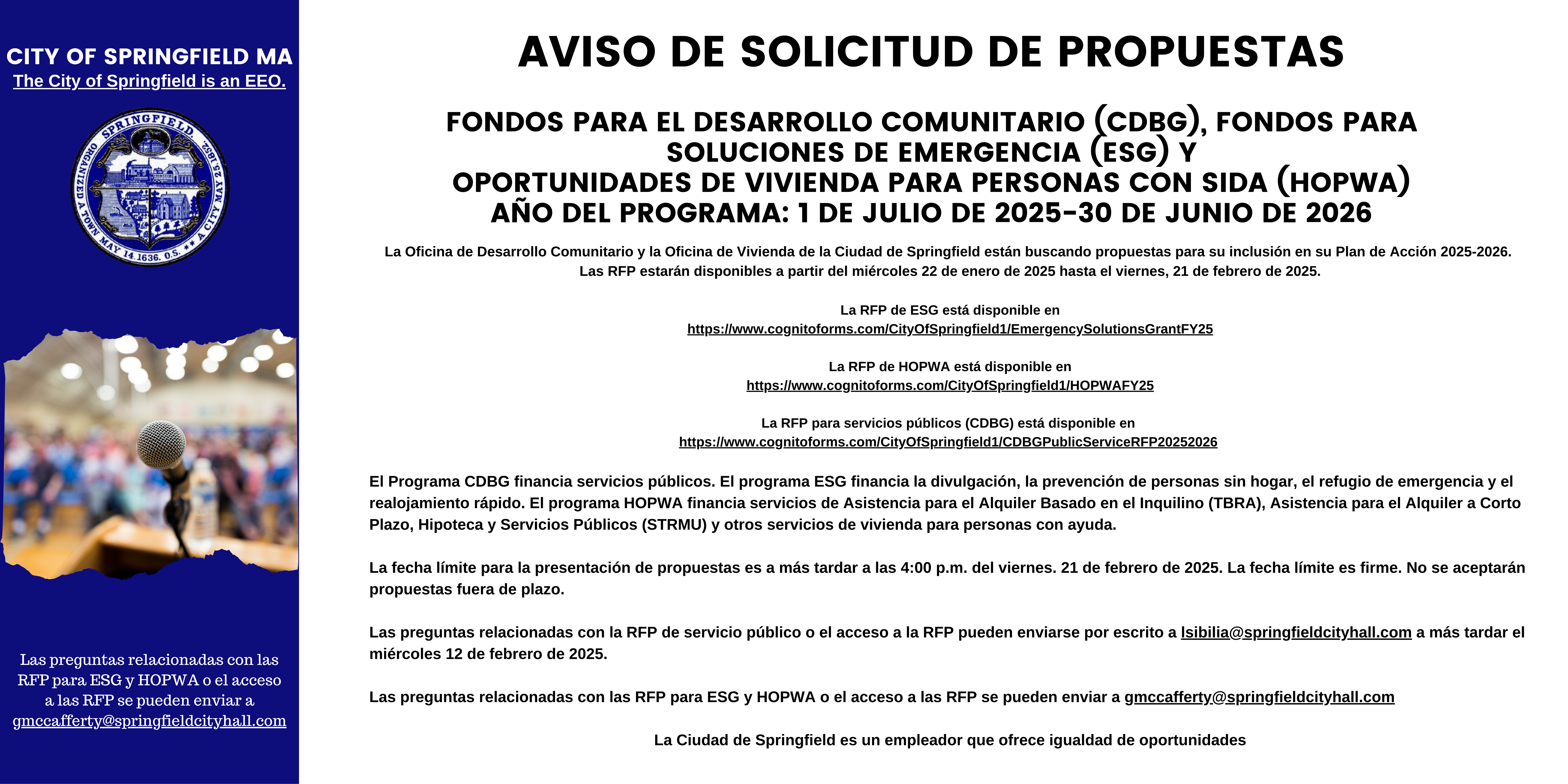For decades, many American high schools have offered rigorous Advanced Placement (A.P.) courses—in subjects like art history, calculus, environmental science, and European history—to their students. This fall, 60 schools are debuting a new option: A.P. African American studies.
The new course, which the schools are testing in a pilot program, is a significant step toward legitimizing African American studies in the public eye, says historian Henry Louis Gates Jr., who helped create the curriculum.
“Nothing is more dramatic than having the College Board launch an A.P. course in a field—that signifies ultimate acceptance and ultimate academic legitimacy,” Gates tells Time magazine’s Olivia B. Waxman.
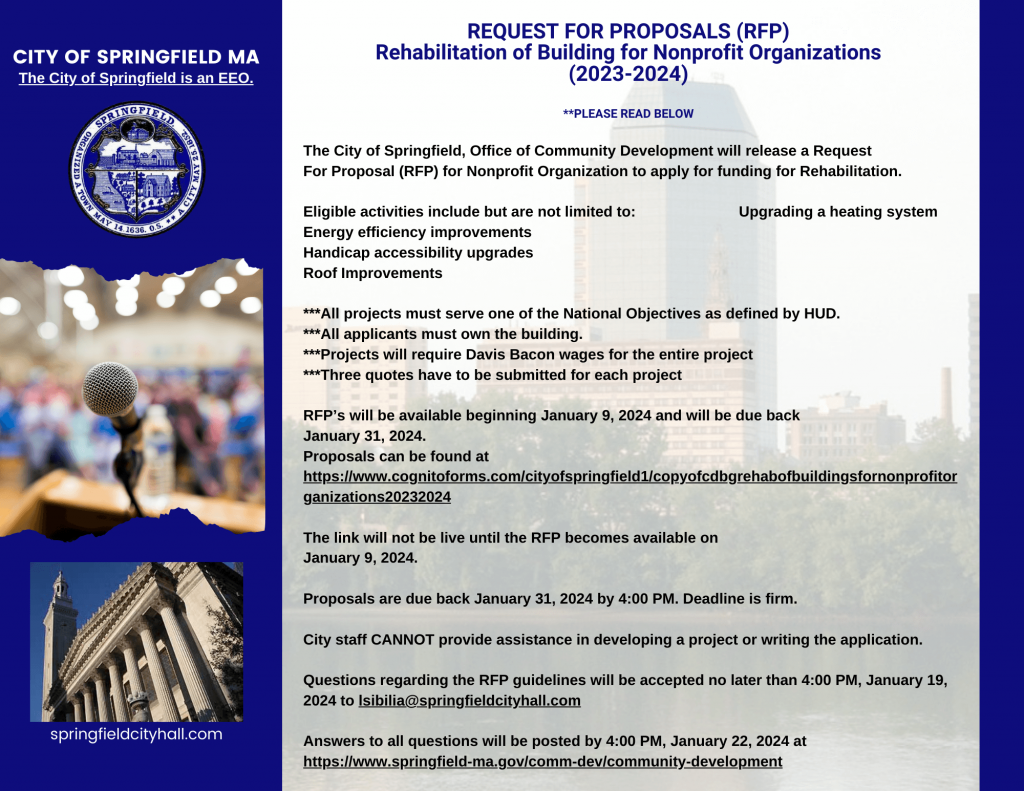
The A.P. program, which the College Board oversees, allows high school students to take college-level classes, which could then count for credit at their higher education institutions. Around 70 percent of high schools in the United States offer at least one A.P. course.
Though the College Board has not published the new course’s curriculum, instructors participating in the pilot program have spoken to Time and other publications about what it includes. The course examines 400 years of contributions from Africans and their descendants to the U.S., according to Time. That means that Spanish conquistador Juan Garrido, the first known African to come to North America, is covered, and so is the significance of Marvel’s Black Panther. Intersectionality, which refers to how various systems of oppression overlap, will also be a key tenet of the class.
Participants in the pilot program will take an exam, but this year they will not receive scores or college credit, per the New York Times’ Anemona Hartocollis. (The pilot program is designed to give colleges time to develop policies that will allow students to count the course on their transcripts.)

Intersectionality is a core tenet of the new A.P. class. The class has been in the works for a decade. But it now arrives amid a culture war over what students should learn about race and racism in classrooms. In the past year, attacks from political conservatives on critical race theory have reached a fever pitch. Developed by scholars in the 1970s, critical race theory is a theoretical framework that analyzes systemic racism and the intersection of race, society, and law. Though critical race theory is generally not taught at the high school level, the right has taken up the term as a catch-all for the discussion of race and racism in the classroom.
A report from free-speech advocacy group PEN America found that 36 states have introduced 137 “educational gag order” bills—defined as “state legislative efforts to restrict teaching about topics such as race, gender, American history, and LGBTQ+ identities in K–12 and higher education”—this year alone. Earlier this summer, for example, the Oklahoma State Board of Education downgraded the accreditation status of two school districts accused of violating one of these laws.
Gates says that the attacks on critical race theory are misguided.
“A.P. African American Studies is not CRT,” he tells Time. “It’s not the 1619 Project. It is a mainstream, rigorously vetted, academic approach to a vibrant field of study, one half a century old in the American academy, and much older, of course, in historically Black colleges and universities.”
However, that does not mean critical race theory and the 1619 Project—a New York Times storytelling initiative that reframes American history through the lens of racism, starting with the arrival of the first enslaved Africans—wouldn’t be mentioned in an A.P. African American studies course.
Speaking with the Times, Gates says that critical race theory and the 1619 Project could be covered in a broader unit “teaching different theories of the African American experience.” He adds: ” I am certainly not advocating employing those theories as interpretive frameworks for the course itself.”
Marlon Williams-Clark, a social studies instructor at a charter school in Tallahassee, Florida, started teaching the pilot class in August. Just last year, the Florida Education Board banned schools from teaching critical race theory.
“You can tell there is a thirst [students] have to obtain this knowledge,” Williams-Clark tells CBS News’ Elaine Quijano and Lana Zak. “I think that this course will be the forerunner for other histories on … marginalized people.”
Next year, the College Board intends to expand the pilot with 200 schools. By the 2024 school year, it plans to offer A.P. African American Studies to interested high schools across the country.

Ella Malena Feldman is a writer and editor based in Washington, D.C. She examines art, culture, and gender in her work, which has appeared in Washington City Paper, DCist, and the Austin American-Statesman.
Ella Malena Feldman is a writer and editor based in Washington, D.C.
